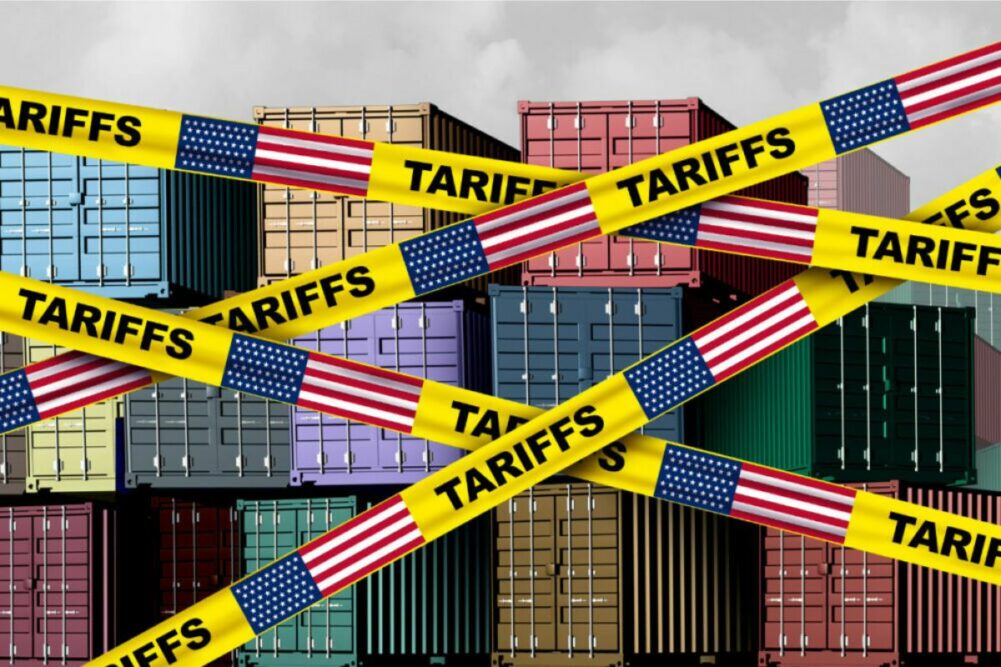
Lawrence Lau, Ralph and Claire Landau Professor of Economics, CUHK
Apr 18, 2025
An estimate of the impact of the tariff war between China and the U.S. on the Chinese GDP in 2025 is presented. The dependence of the Chinese economy on its exports and, in particular, on its exports to the U.S. has been declining significantly over time. At the current tariff rates, a total cessation of bilateral trade is a real possibility. Under the assumption, the reduction in the rate of growth of Chinese GDP may be estimated to be 1.2%, other things being equal. Even though the announced target rate of Chinese growth is around 5%, the weighted average of the target rates of growth of the provincial-level units is 5.26%, indicating room for further increase. In addition, China is expected to launch additional domestic economic stimulus measures in response to the new tariffs, which should result in an additional growth of 0.5%. For 2025 as a whole, a rate of growth of around 4.5% (5.26 – 1.2 + 0.5) may be predicted.
Li Bin, Professor, Tsinghua University
Yang Jihong, PhD student, Tsinghua University’s Department of International Relations
Sep 21, 2024
Some political elites in the United States believe that the government can pressure companies that have left the country to return on the basis of national security. This simplistic view ignores the laws of economic development, emphasizing the rosy up-side while ignoring the negative consequences.
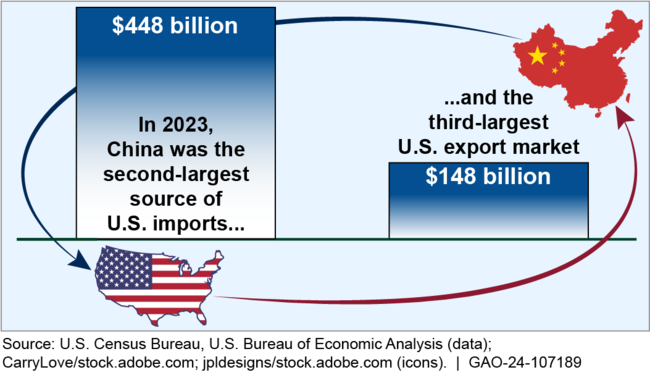
Lei Shaohua, Associate Professor at School of International Studies, and Research Fellow at Institute of International and Strategic Studies, Peking University
Aug 05, 2024
The current state of bilateral relations in agriculture, services and NEVs underscores the fact that engagement and cooperation underpinned by self-confidence and mutual trust are essential prerequisites for a more promising future in China-U.S. relations.

Ma Xue, Associate Fellow, Institute of American Studies, China Institutes of Contemporary International Relations
Jun 14, 2024
Washington’s new strategy may alter its trade dynamics with China, but China cannot be taken out of the picture. Most of America’s trading partners continue to be fed by Chinese supply chains, even as they boost their output of manufactured goods to the United States.
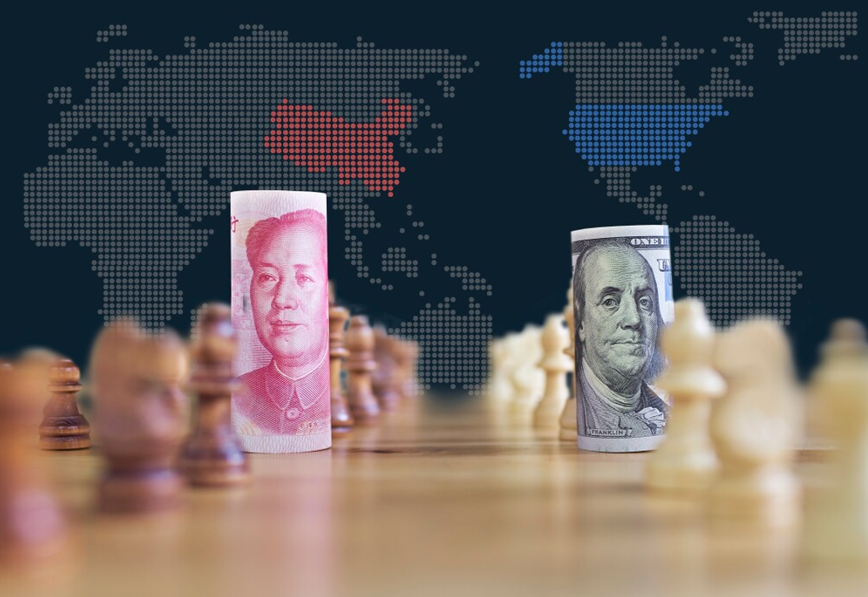
He Weiwen, Senior Fellow, Center for China and Globalization, CCG
Apr 18, 2024
The short answer is yes, but they must be willing navigate their differences in constructive ways. A good playing field on which to start is new-energy vehicles. Joint efforts by major Chinese and American EV players could accelerate the industry in America and fuel exports to the rest of the world.

Mallie Prytherch, Researcher at Centre on Contemporary China and the World, University of Hong Kong
Apr 12, 2024
Neither political party in America has shied away from stoking fears about China's threat to U.S. economic dominance. While this strategy appeals to the disillusioned middle class, there's no guarantee it will continue to resonate with the next generation of voters.
Zhang Monan, Deputy Director of Institute of American and European Studies, CCIEE
Mar 05, 2024
Economic and trade cooperation has been regarded as the great stabilizer of China-U.S. relations for many years. As the two countries’ internal and external environments grow ever more complex, however, it’s not clear that this will continue to be the case.
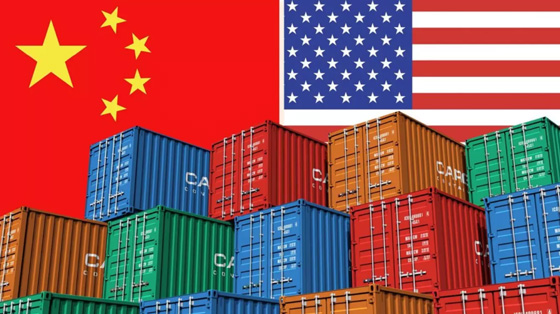
Ma Xue, Associate Fellow, Institute of American Studies, China Institutes of Contemporary International Relations
Dec 01, 2023
An overemphasis on competition may lead to pessimism and miscalculation. While the United States appears to be upgrading measures designed to pressure China, it should also strengthen its economic and trade ties. Interdependence and mutual benefit are excellent motivators.
Zhou Xiaoming, Former Deputy Permanent Representative of China’s Mission to the UN Office in Geneva
Sep 21, 2023
Given Washington’s strategic hostility toward China and its continual assertion of national security, it’s unrealistic to expect a general improvement in economic and commercial ties. New curbs on China — and more friction — are likely in the offing.
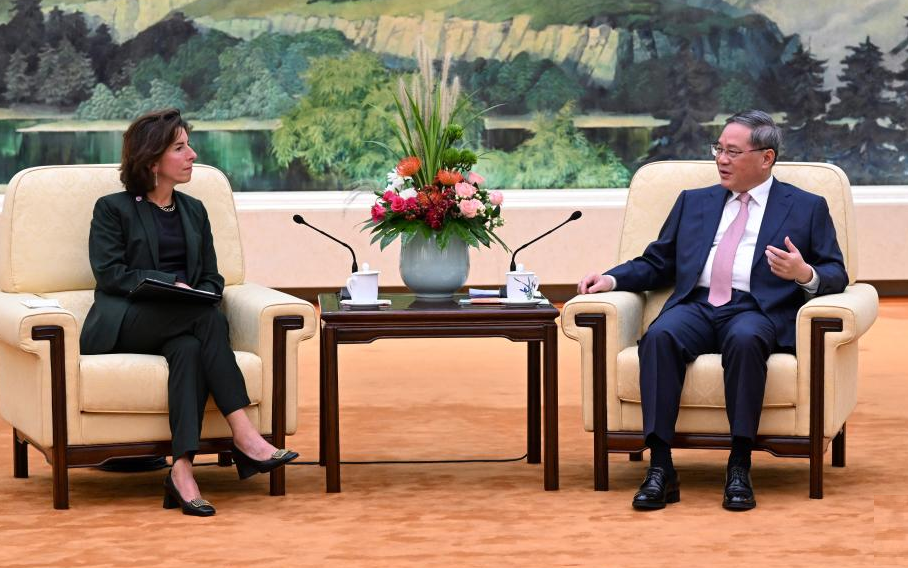
He Weiwen, Senior Fellow, Center for China and Globalization, CCG
Sep 20, 2023
Through sincere efforts by the U.S. and China, it’s possible that the decline in trade will bottom out this year. Strong business relationships can once again serve as a stabilizing factor in the overall relationship, and inure to the benefit of our two peoples and the world.